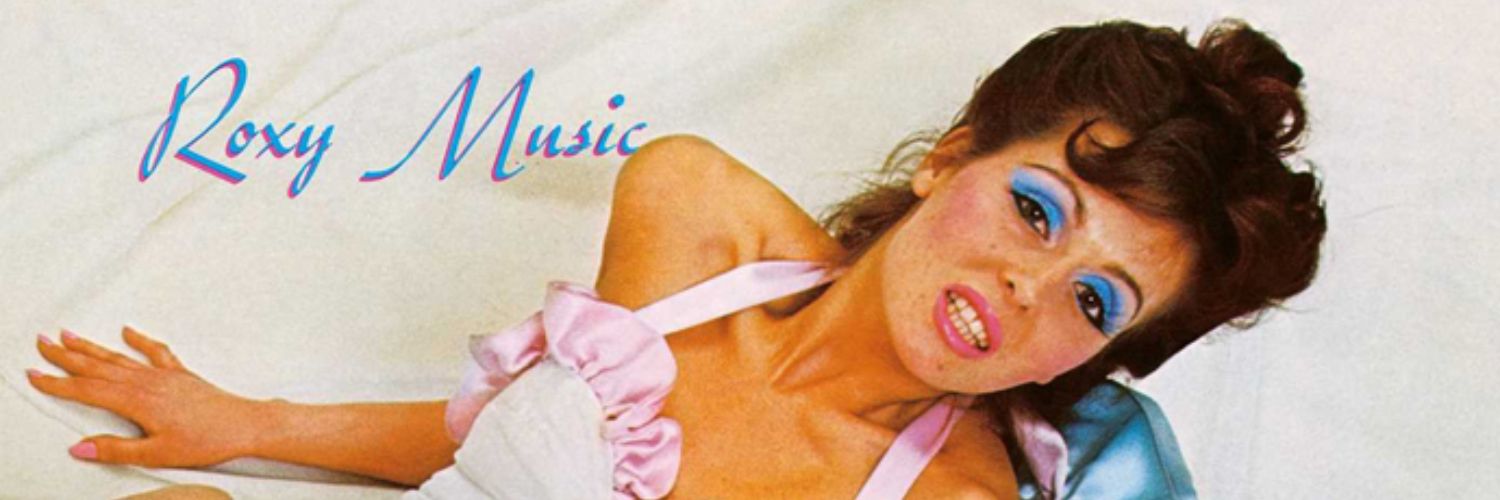The Album First Came Out on June 16, 1972
Jun 16, 2022 By Austin Saalman

A seminal year in glam, 1972 yielded the releases of David Bowie’s The Rise and Fall of Ziggy Stardust and the Spiders from Mars, T. Rex’s The Slider, and Lou Reed’s Transformer, each record advancing the evolving sound of rock and steering youth culture away from the earthy optimism of the previous decade, ushering in an era in which popular culture’s eschatology was dictated by sexuality, decadence, and high fashion. Underrated in comparison to some contemporaneous genre releases, Roxy Music’s eponymous debut (released the same day as Ziggy) did just as much, if not more, to capture the image of Western culture’s full immersion into postmodernism, its soundscapes, both extraterrestrial and apocalyptic, more complex than those of T. Rex, yet less accessible than golden era Bowie—an ideal synthesis of experimental irony and earnest romanticism.
Fronted by the ever charismatic Bryan Ferry and initially powered, in part, by the technical wizardry of a young Brian Eno, English art rock outfit Roxy Music emerged amidst the cultural shift pioneered by musical figures such as Bowie, Marc Bolan, Reed (along with The Velvet Underground), and Iggy Pop, while maintaining its distance from such acts, often coming on heavier, its efforts far more artful and grandiose than even Ziggy aspired to be. Greeted with positive reviews upon its release and reaching #10 on the U.K. albums chart, Roxy Music picked up where its peers had left off, incorporating elements of art and glam rock, jazz, and avant-pop into its unconventional arrangements and melodramatic delivery, Ferry instantly distinguishing himself as a glam idol and his group making waves across the U.K. and, to a lesser extent, the United States. READ MORE
